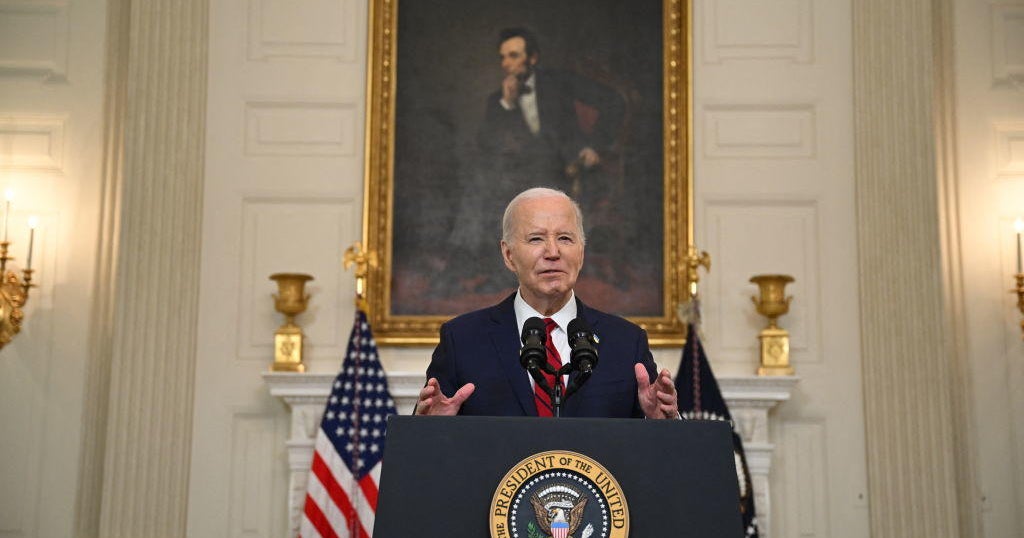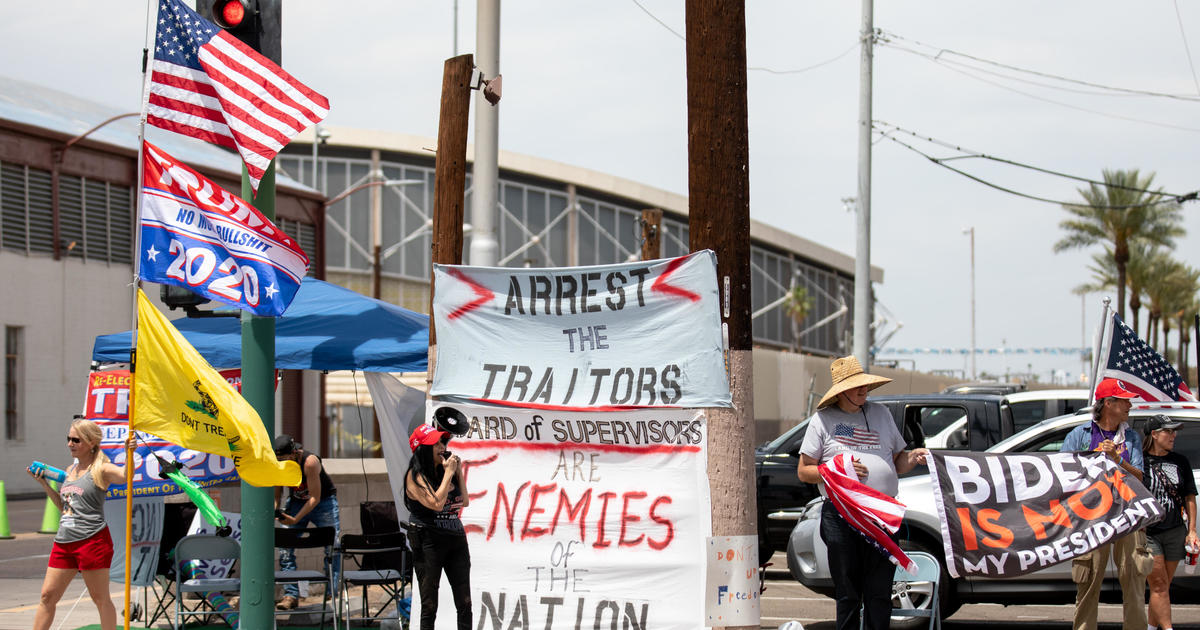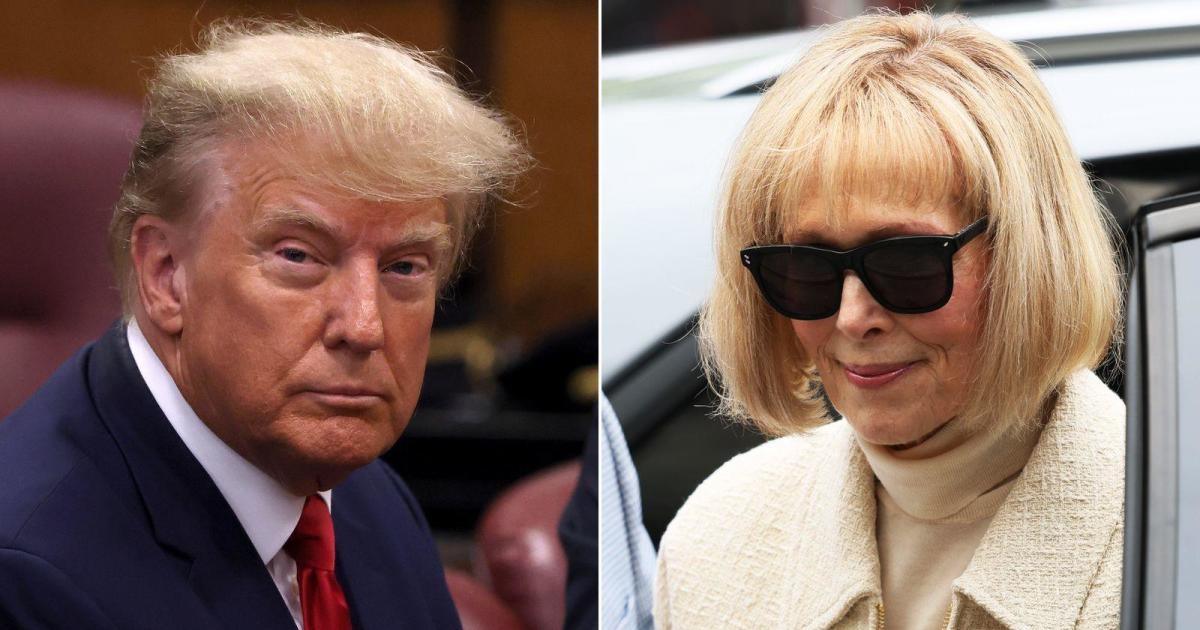Tax bill includes breaks for things Trump has railed against — like NFL stadiums
"Why is the NFL getting massive tax breaks while at the same time disrespecting our Anthem, Flag and Country? Change tax law!" President Trump tweeted in October.
Two months later, the House and Senate passed the final GOP tax bill, preserving a tax break for the construction of sports stadiums, including those built for those NFL teams that draw the president's ire.
The historic overhaul of the country's tax system this week includes some tax breaks for groups the president has publicly railed against. For months, Mr. Trump has attacked the NFL and players who decline to stand for the national anthem, calling them out in tweets and rallies. The tax bill the House initially passed nixed the tax exemption on bonds issued for the construction of sports stadiums. But, as Reason first reported, the conference-negotiated final bill followed the Senate's lead, rather than the House's, and preserved the tax break that benefits professional sports facilities like NFL stadiums.
Local governments will continue to be able to issue tax-exempt bonds for facilities that host professional sports games for at least five out of 365 days of the year. The negotiated bill's conference report pointed out that privately owned sports teams "are the primary (if not exclusive) users of such facilities."
"In 1986, Congress eliminated a provision expressly allowing tax-exempt financing for sports facilities. Nevertheless, professional sports facilities continue to be financed with tax-exempt bonds despite the fact that privately owned sports teams are the primary (if not exclusive) users of such facilities," the conference report from the final tax bill explains.
It's a tax break that a number of major sports teams have exploited in recent years, including the Dallas Cowboys and Seattle Seahawks, according to the Brookings Institution. The think tank found at least 35 stadiums have been built with such tax-exempt bonds since 2000, and the federal government has lost about $3.7 billion in tax revenue because of the provision. But according to Brookings, major league baseball is the sports league that has benefitted the most from the tax break with $1.4 billion in these subsidies since 2000, followed by the NFL at more than $1.1 billion.
But take a look at the GOP tax plan, and you'll find that it's not just the NFL that has managed to hold onto a tax advantage that the president has specifically and vocally criticized.
On the campaign trail, Mr. Trump pledged to eliminate the so-called carried interest deduction loophole, which benefits the private-equity managers, venture capitalists and hedge fund managers Mr. Trump criticized before taking office. In a nutshell, the loophole allows money managers to treat earnings as capital gains instead of regular income, which comes with a lower tax rate. While the other highest earners have been paying the 39.6 percent on their income, those who use the carried interest loophole are paying a much lower rate -- just 23.8 percent.
"The rich will pay their fair share, but no one will pay so much that it destroys jobs, or undermines our ability as a nation to compete," Mr. Trump said in Detroit in August 2016. "As part of this reform, we will eliminate the carried interest deduction and other special interest loopholes that have been so good for Wall Street investors, and for people like me, but unfair to American workers."
But the bill that passed the House and Senate does not follow through on that pledge, keeping the law as-is.
Rep. Kevin Brady, chairman of the House Ways and Means Committee, had a difficult time addressing why the GOP kept the provision on MSNBC's "Morning Joe" Tuesday. Brady said most Americans don't think of carried interest.
In September, chief White House economic adviser Gary Cohn reaffirmed the president's commitment to eliminating the deduction.
"The president remains committed to ending the carried interest deduction," Cohn said in an interview on CNBC in September. "As we continue to evolve on the framework, the president has made it clear to the tax writers and Congress. Carried interest is one of those loopholes that we talk about when we talk about getting rid of loopholes that affect wealthy Americans."
But that didn't happen.
On a background briefing with reporters Wednesday, a senior White House official said the president asked for the White House to push to eliminate the carried interest loophole deduction, but there were a lot of people who wanted to protect it, and the president ran into opposition from members of Congress.
When reporters on Tuesday pressed White House press secretary Sarah Huckabee Sanders on Tuesday on the carried interest matter, she said the bill "fully addresses" helping the middle class.
The White House has not yet set a date for President Trump to sign the legislation.



